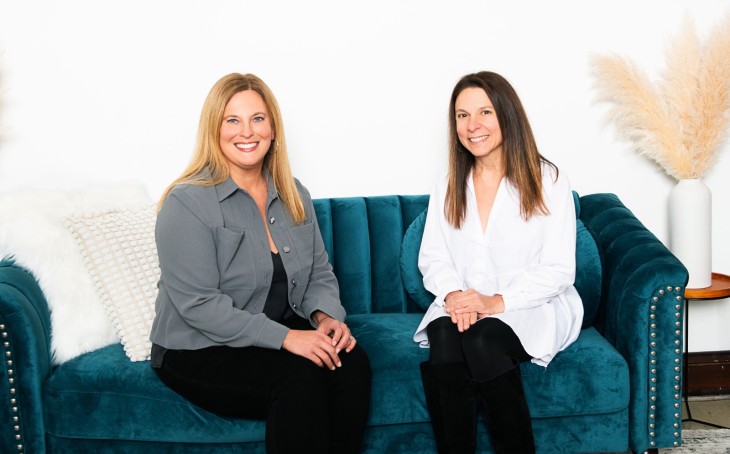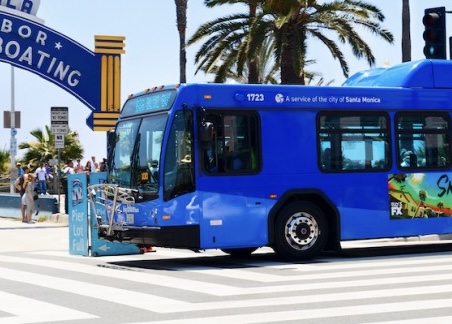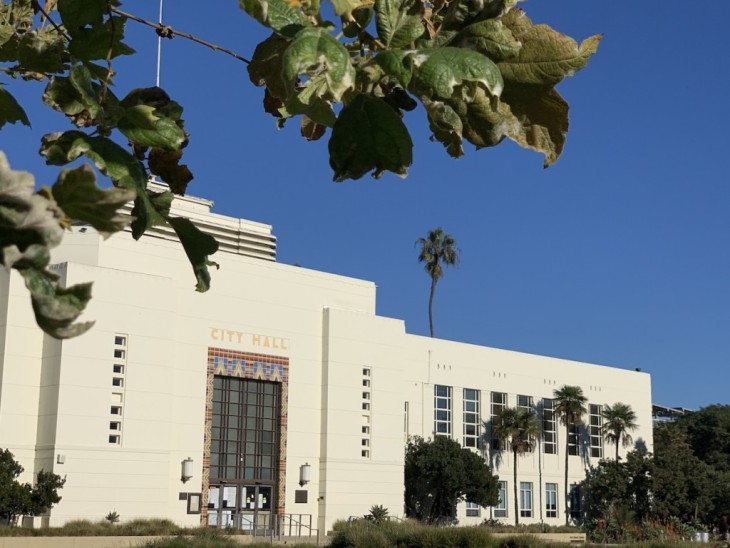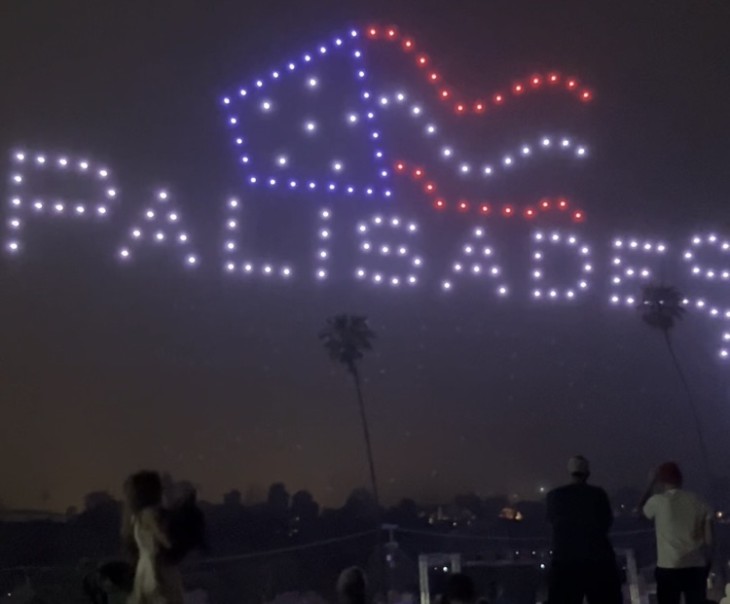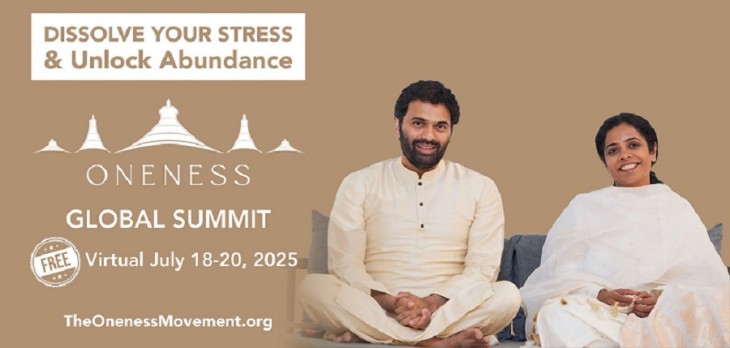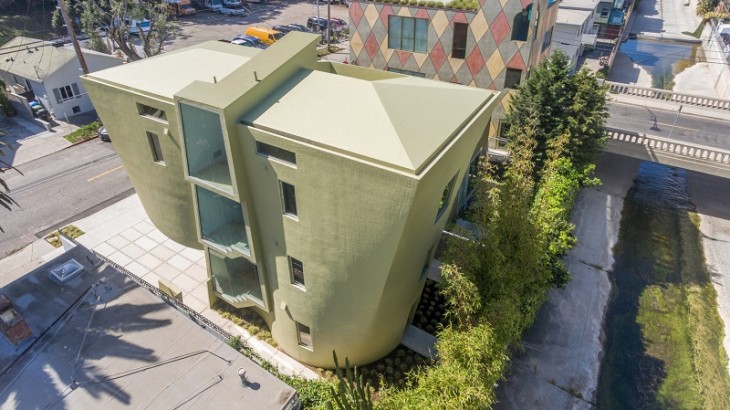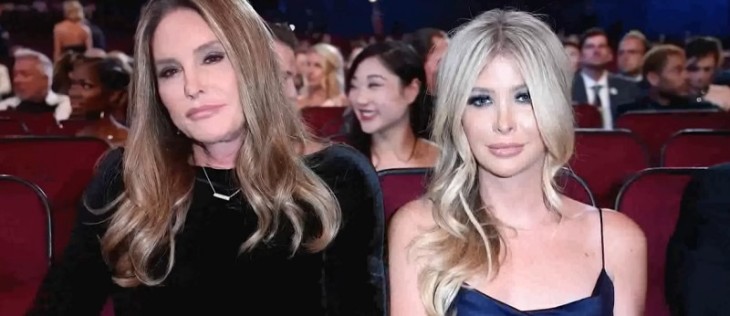There are occasional elections where voters are not asked to decide very much – as in last June’s primary, where the presidential candidates had been determined beforehand and the propositions aroused few emotions.
Things are completely different Nov. 6. California has rarely seen a ballot with as much vitally important content, as many significant decisions as this one.
So if you’re registered to vote, there’s plenty of reason to follow through.
From death (Prop. 34 would repeal the death penalty for even the most heinous crimes) to taxes (Props. 32 and 38 compete to raise taxes – mostly on people in high income brackets – for schools and possibly other uses). There’s a car insurance issue, a decision on whether most genetically modified food should be labeled, a re-run of the 1996 and 2005 “paycheck protection” propositions aiming to politically emasculate labor unions and even a measure to make life harder for modern-day slave traders.
And that’s only the propositions.
They come near the end of the ballot. Higher up are some of the most interesting and unpredictable contests for Congress and the state Legislature California has seen in the last 50 years.
Not to mention the presidential race itself. Democrats have such a large voter registration edge statewide (43-30 percent over Republicans among registered voters, with more than 20 percent now declaring no party preference) that neither President Obama nor GOP challenger Mitt Romney has campaigned here this fall, except in fundraising mode.
Similarly, incumbent Democrat Dianne Feinstein had such an overwhelming margin over Republican Elizabeth Emken in all polls of the last few months and in fundraising that this one appears to be no contest.
But there are at least 20 congressional and legislative races that offer very interesting contests. These are almost purely the results of a combination of electoral changes voted in via initiative over the last four years. With new districts not gerrymandered to protect incumbents – for a welcome change – several incumbent members of Congress were forced into earlier-than-planned retirement rather than run against party mates or in new areas where they are relatively unknown or face big voter registration deficits.
That happened to Central Valley Democrat Dennis Cardoza, who didn’t want to run against longtime incumbent Jim Costa and to Republicans Elton Gallegly of Ventura County and David Dreier of San Dimas, neither of whom liked the looks of their new districts.
The fierce contest between conservative Republican state Sen. Tony Strickland and liberal Democratic Assemblywoman Julia Brownley for what is basically Gallegly’s longtime seat should attract a large voter turnout, if only because of their deep differences.
The all-Democrat contest between longtime incumbents Howard Berman and Brad Sherman in the San Fernando Valley area of Los Angeles is another that would pull a big turnout even without the physical encounter Sherman initiated in one of their debates. Republicans have taken a role in this race, as both candidates know they’ll need votes from across the aisle to win. Several GOP U.S. senators endorse Berman, while some local Republican officials back Sherman, as that party tries try to choose what they consider the lesser of two evils.
Also assured a big turnout is the all-Democrat Assembly race between incumbent Betsy Butler and Santa Monica Mayor Richard Bloom. This is a contest to see who can be the more liberal.
Altogether, there are more than two dozen intra-party races on ballots around the state, the product of the new top-two primary election system that no longer assures any party a place on the general election ballot. Candidates now must win those slots by being one of the top two primary vote-getters.
This leaves some minor party advocates griping about being left out. The answer for them is to get candidates or ideas that appeal more to mainstream voters. Then they’ll once again make some runoff ballots.
Meanwhile, the prime focus of most voters might well be on the propositions. Interests from state universities to caretakers for the elderly infirm vocally support Gov. Jerry Brown’s Proposition 30, with its proposed tax increase, while some public school unions are fervently pushing Proposition 38, financially backed by Pasadena civil rights attorney Molly Munger, whose father is the partner of billionaire Warren Buffett.
If both pass, it’s likely the one with the most votes will prevail, as did the 1978 Proposition 13 over another tax-cutting measure known as Proposition 8. That’s what happens when two initiatives cover much of the same turf. But there’s the possibility of a field day for lawyers here, as some wrinkles make it unclear whether all of the less-popular proposition would be cancelled out.
All in all, California hasn’t seen such a fascinating ballot in many years, which means there’s almost no excuse for not voting this time.





